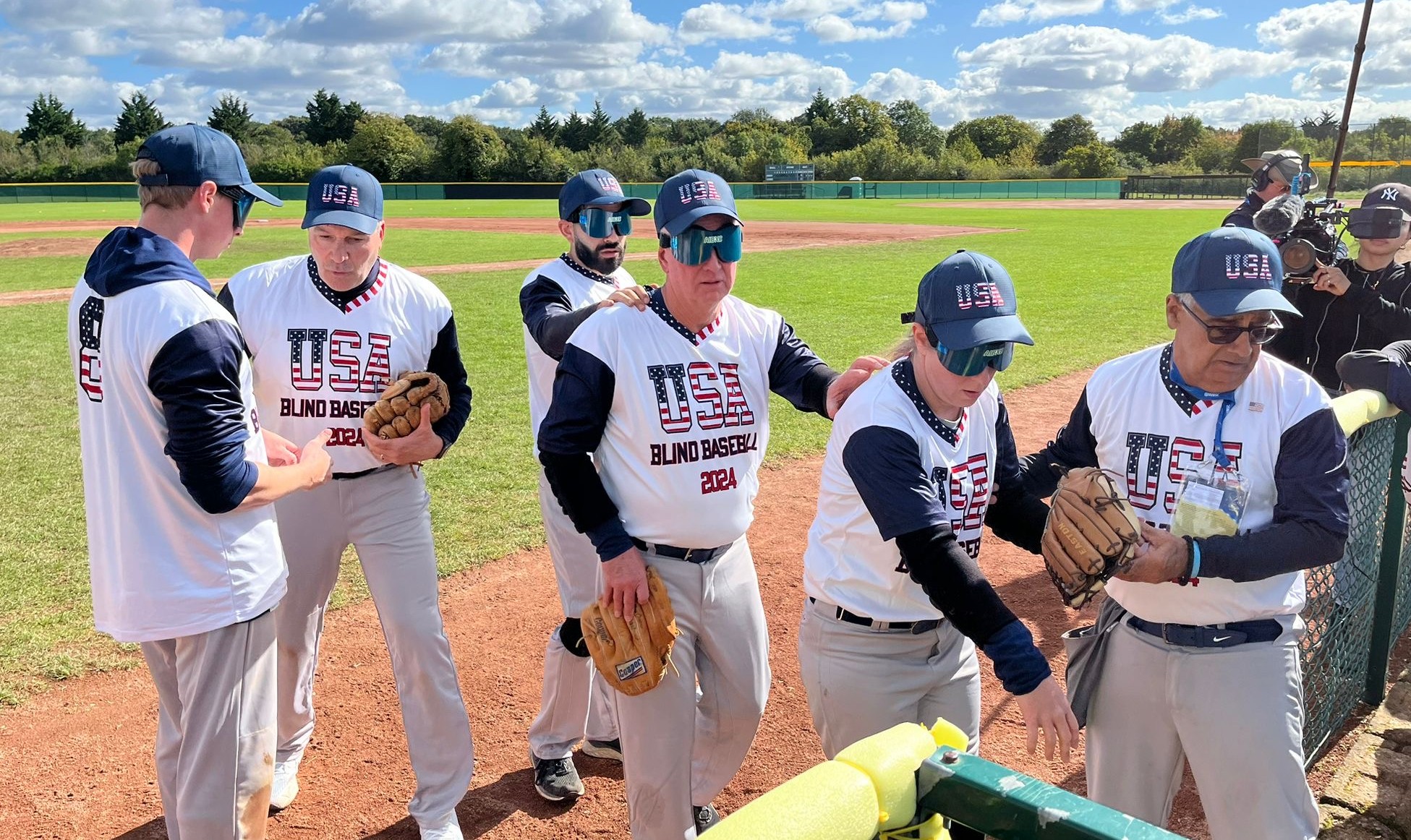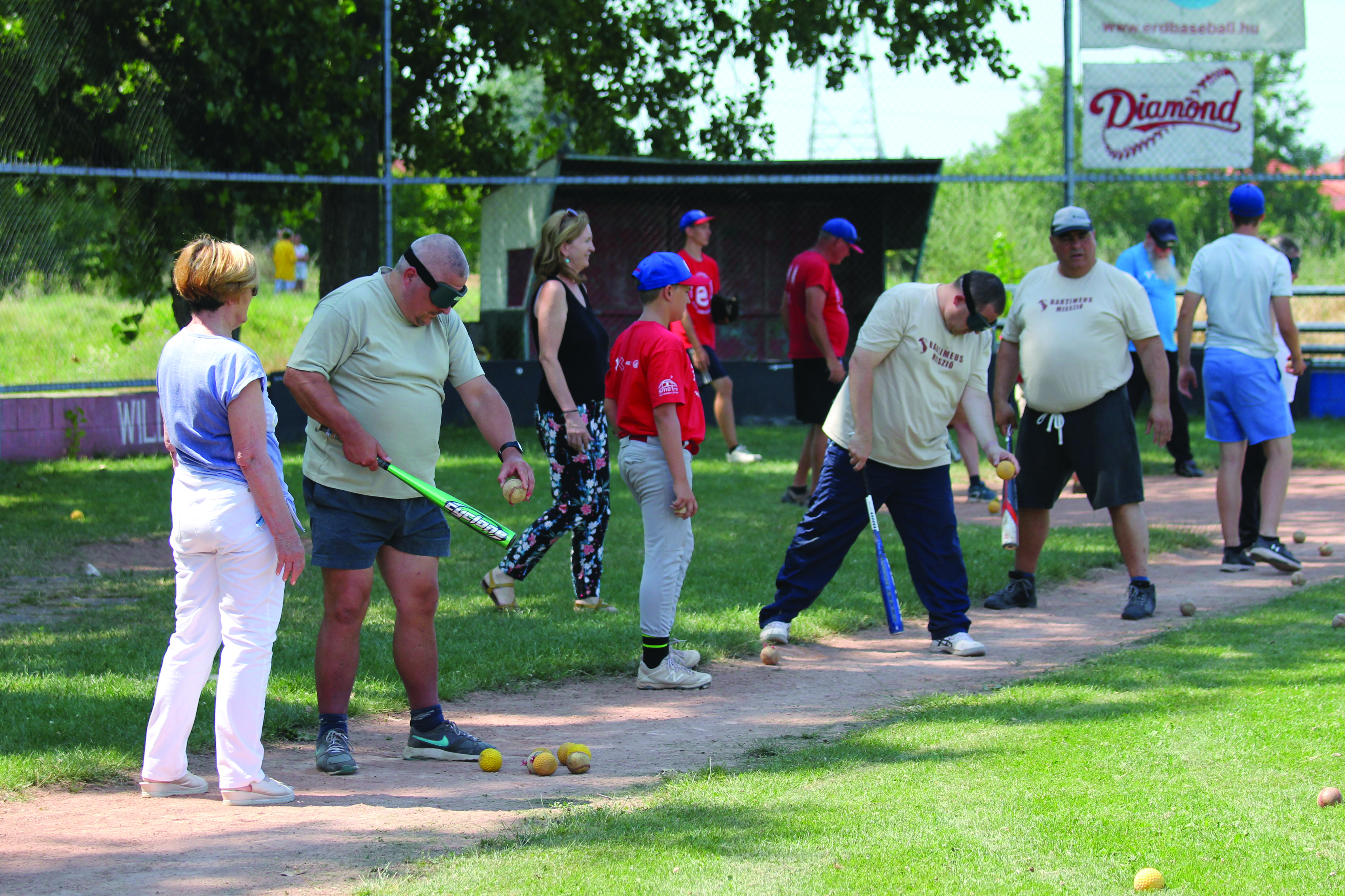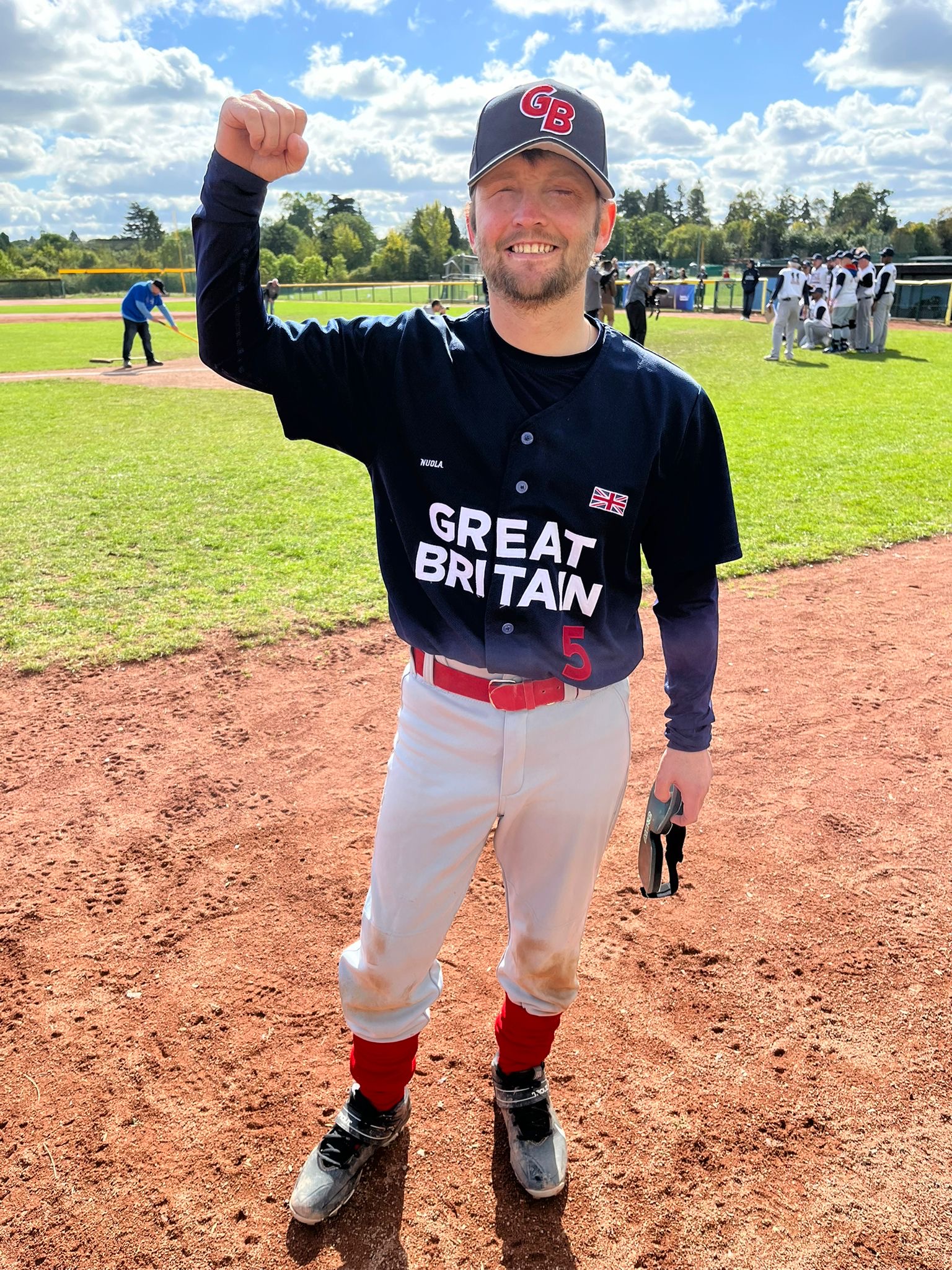This article appears in the Spring 2025 issue of the FCA Donor Publication. The FCA publication is a gift from our FCA staff to all donors giving $50 or more annually. For more information about giving, visit here.
Terry Lingenhoel, an International Leader with FCA through Érd Baseball and Softball Club, first came to Hungary in 1991 with a long-term goal to build and maintain relationships. In 2002, he narrowed his ministry focus to sports to serve with his teenage children. It takes time to build relationships with the Hungarian people.
Lingenhoel first came to Hungary with the long-term mindset of getting to know and care for the community. His longevity has reaped fruitful relationships, partnerships and influence in the baseball world as he’s led baseball and softball in the town of Érd, which has a training facility and host numerous leagues and tournaments. He’s on the board of the European Baseball Coaches Association and trains coaches in the values and practical concepts of the sport.
Two-and-a-half years ago, a friend connected him with Tibor Miklos, a Hungarian who founded Bartimaeus Ministries, an organization focused on reaching the blind and partially sighted in Hungary and central Europe with the Good News of Jesus. They began exploring what partnership would look like as Miklos helped Lingenhoel understand the needs of seeing-impaired people.
Initially, the sport of blind baseball, or Baseball for the Blind (B4B), was a learning curve for Lingenhoel to understand the different rules and ways of playing. Could this be something to step into and reach a new set of athletes? What could it look like?

Different than American blind baseball (commonly known as “beep baseball”), B4B (which is known globally) uses a hollowed-out ball with a bell inside that the batter hits with his own bat, fungo-style. There is no pitcher, and only the left side of the field is used with five fielders across the infield and outfield. There’s a beeping machine at first base to alert the runner, and a helper at the other bases (all flat) who claps to guide them, and a seeing fielder at second base to catch for the force out.
When Lingenhoel and Miklos began connecting as brothers in the faith and fellow Hungarian ministry workers, they saw pieces of what God may be doing in this realm of sport. So they began building a team.
Miklos, who went blind 15 years ago, was the inaugural player, and they recruited at blind camps to fill the roster for two teams. There is no age limit, so players can range from teenagers to those in their sixties, including both men and women. The team began practicing once a month, and in 2023, a team from Italy traveled to Hungary to offer additional instruction about the game.
Lingenhoel’s team is comprised of 10 players and five coaches, or helpers—those who see and act as guides to the bases and on the field. The average age of his players is in the 40s. The youngest is sixteen, and the oldest is 64.
“The goal is to grow to three teams to play each other,” Lingenhoel said. “Right now, there are no other clubs in Hungary other than ours with blind baseball, but we’re trying to change that.”
For Lingenhoel, who has spent much of his adult life coaching baseball and softball, the switch to blind baseball came with a learning curve. In a sport like seeing baseball, hustle is part of the game. You run on and off the field, from station to station, always moving. In blind baseball, the pace is a bit slower and more cautious. Patience is learned and earned.
“I am not a patient person,” Lingenhoel said.
But Miklos differs.

“I enjoy how Terry is so patient,” he said. “The blind people have a lot of needs and things to take care of. Terry, being so busy, still has patience to help them, goes to pick them up from the train station and help them with whatever they need. And by these kind of people, they feel the aroma of Christ."
Another adjustment is coaching itself.
“As a coach, you’re taught that you explain, you demonstrate and then you practice,” Lingenhoel said. “In blind baseball, you can demonstrate but they can’t see you, so you just lost your main coaching tool. You’re allowed to touch and help adjust them with their movements, but you can’t demonstrate for them, so you must be fairly good at explaining.
“I’m not a very verbal or vocal person,” he added, “so it takes a lot of effort to try and explain things that they’ve never even seen before.”
Lingenhoel’s learning curve also includes how to coach each player based on their level of sight impairment. Some athletes have been blind from birth, while others lost vision at some point later in life. Lingenhoel must also determine whether the athlete has any familiarity with the game, or if the player is learning from scratch on things such as the layout of the field, how to swing a bat and how to run the bases.
But Lingenhoel has always built ministry on patience and longevity. Part of his motivation for the team was to help his club athletes learn to serve those who are different.
“Many players serve as volunteers and assistants, and they’ve enjoyed it a great deal,” he said. “Sometimes there's big separation between the seeing community and the blind community, but baseball gives an opportunity for us to be on the same team for the same goals. So that's a special thing.”
Blind baseball is making inroads throughout the world, and there’s a chance it will be included in the 2028 Paralympics in Los Angeles. Last September, Lingenhoel took his team to London to compete for the first time as Team Hungary in the Blind Baseball International Cup, which featured eight teams from around the world.

Steve Jones, FCA’s Executive Vice President of All Ability Sports, joined the team in London and gave pre-game devotions, explaining the Gospel and encouraging the athletes as they represented their country and the sport of blind baseball. Jones also passed out audio Bibles. One athlete was so excited to receive one, he asked to have his while standing in the on-deck circle. Once there, he was so busy feeling his audio Bible and understanding how it worked that he didn’t recognize it was his turn to bat.
While Team Hungary didn’t win the championship, the players gained experience, closer camaraderie and a better understanding of the blind baseball world.
“We learned an awful lot about coaching, strategy and playing, and we had a great team unity and atmosphere,” Lingenhoel said.
Not all the players on the team are believers, which, according to Miklos, is the perfect setting for fruitful conversations about Jesus.
“We have sighted people on the team who are helpers, and I call it a wonderful tool,” he said. “It’s indirect evangelism. We wanted to give space to the Holy Spirit, and we see Him moving.”
Lingenhoel’s connection and care for his athletes stems from his desire to connect his baseball teams to deeper purposes.
“One of the reasons I wanted to start [blind baseball] was to give my baseball club an experience of serving others,” he said. “It’s been a real blessing."
Lingenhoel’s obedience and willingness to step into the blind baseball world is starting to open spiritual doors as the sport continues to gain awareness.
“The Bible says our work is not in vain,” Miklos said. “We really wanted to be focused on the Gospel and for God to use blind baseball for His glory.”
-FCA-
Photos courtesy of Terry Lingenhoel